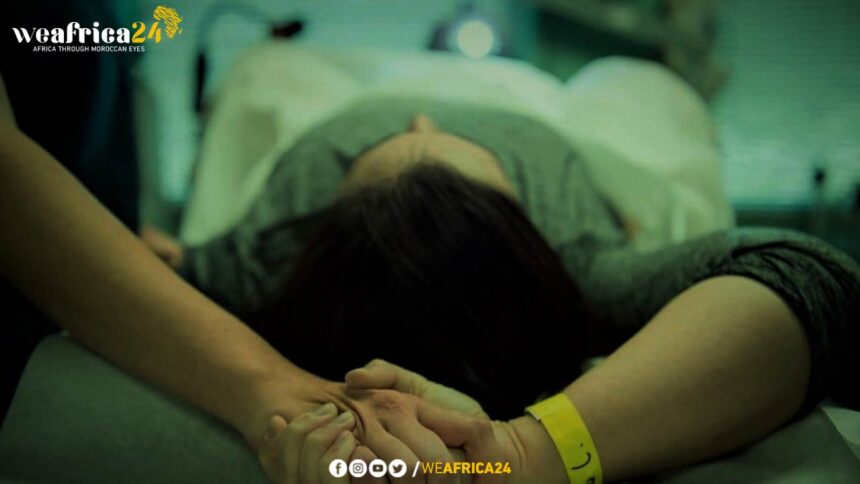In Morocco, the current legal framework severely restricts abortion, posing significant risks to women and girls who seek to terminate their pregnancies. These restrictions persist even in cases of rape, forcing many to resort to clandestine and unsafe abortion methods.
The recent referral of the Family Code revision to the Higher Council of Ulemas by King Mohammed VI has sparked a wave of speculation and hope among advocates for women’s rights. This report examines whether the proposed revision could potentially address the decriminalization of abortion and its implications for Moroccan women.
Current Legal Context
Abortion in Morocco is criminalized under almost all circumstances, including pregnancies resulting from rape. Women and girls face prison sentences if they attempt to terminate their pregnancies. Additionally, those seeking illegal abortions risk being arrested and charged with having sexual relations outside marriage. These punitive laws deny women and girls access to essential sexual and reproductive healthcare, violating their human rights.
The criminalization of abortion forces women and girls into clandestine and often dangerous methods to end their pregnancies. These unsafe procedures frequently result in severe injuries and deaths. Moreover, the fear of criminal repercussions discourages women and girls from seeking post-abortion care in cases of complications, exacerbating health risks.
The current legal environment perpetuates gender-based violence, social ostracism, and economic destitution for those compelled to carry unwanted pregnancies to term.
The Higher Council of Ulemas and Family Code Revision
On Friday, King Mohammed VI referred the revision of the Family Code to the Higher Council of Ulemas. This move is significant, as the Council is the highest religious authority in Morocco, and its opinions heavily influence legal reforms. The revision of the Family Code has been a subject of increasing demand from individuals and associations advocating for women’s rights and gender equality.
The key questions are whether this revision will include provisions for the decriminalization of abortion and if it will mark the end of the suffering endured by Moroccan women under the current restrictive laws. Given the increasing public outcry and advocacy efforts, there is cautious optimism that the revision may address these critical issues.
Potential Impact of Decriminalization
Should the revision include the decriminalization of abortion, it would represent a monumental shift in Morocco’s approach to women’s reproductive rights. Decriminalization would enable women and girls to access safe and quality abortion services, thereby reducing the incidence of injuries and deaths associated with unsafe procedures. Furthermore, it would affirm women’s rights to life, health, dignity, bodily autonomy, equality, and non-discrimination, aligning Morocco with international human rights standards.
The revision of the Family Code, as referred to the Higher Council of Ulemas by King Mohammed VI, holds the potential to significantly alter the legal landscape for abortion in Morocco. While it remains uncertain whether the revision will explicitly decriminalize abortion, the ongoing demands from advocacy groups and the severe consequences of current laws highlight the urgent need for reform.
Decriminalizing abortion would not only alleviate the suffering of countless women and girls but also uphold their fundamental human rights. As the revision process unfolds, it is imperative to continue advocating for comprehensive reproductive health reforms that ensure the safety and dignity of all Moroccan women.







